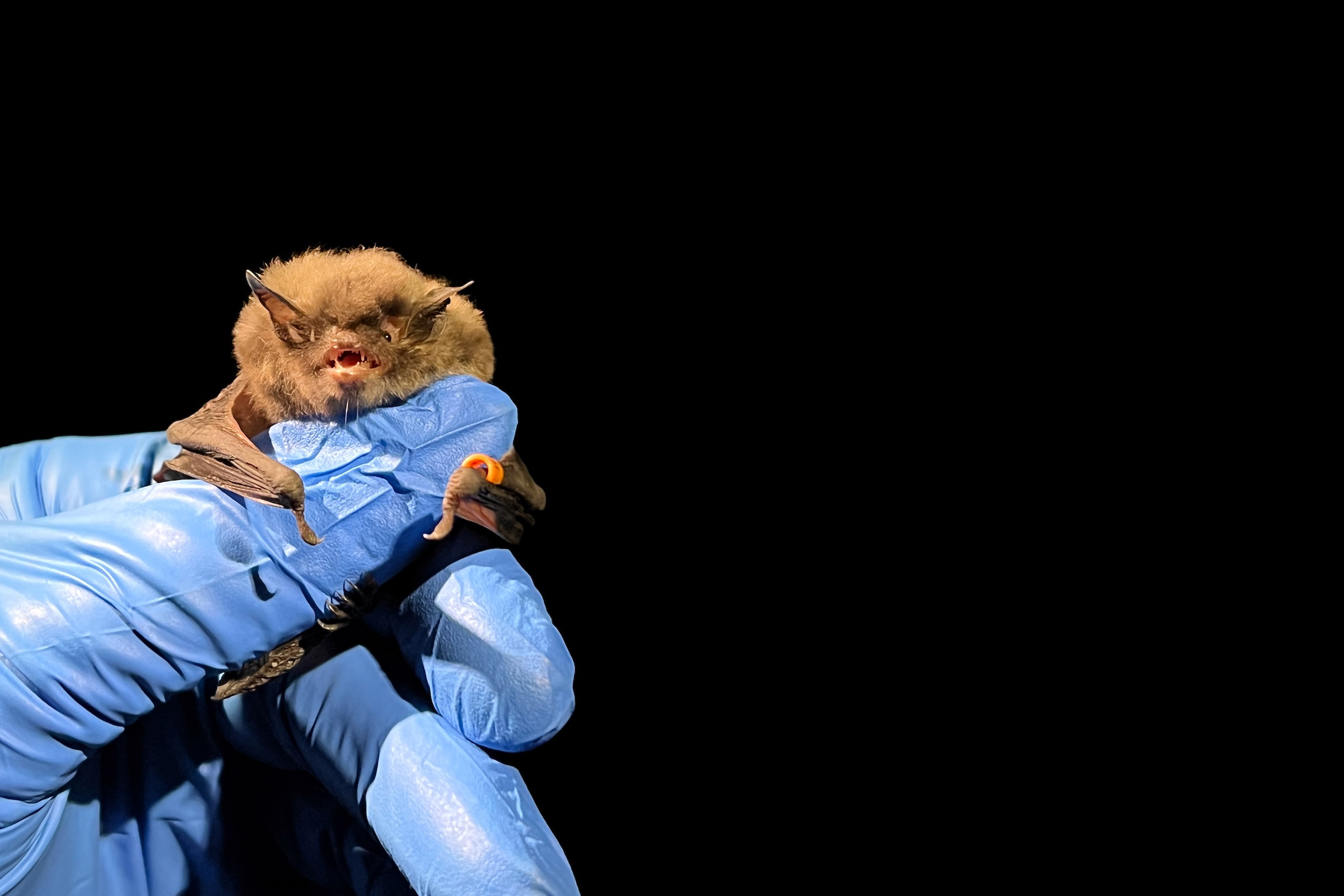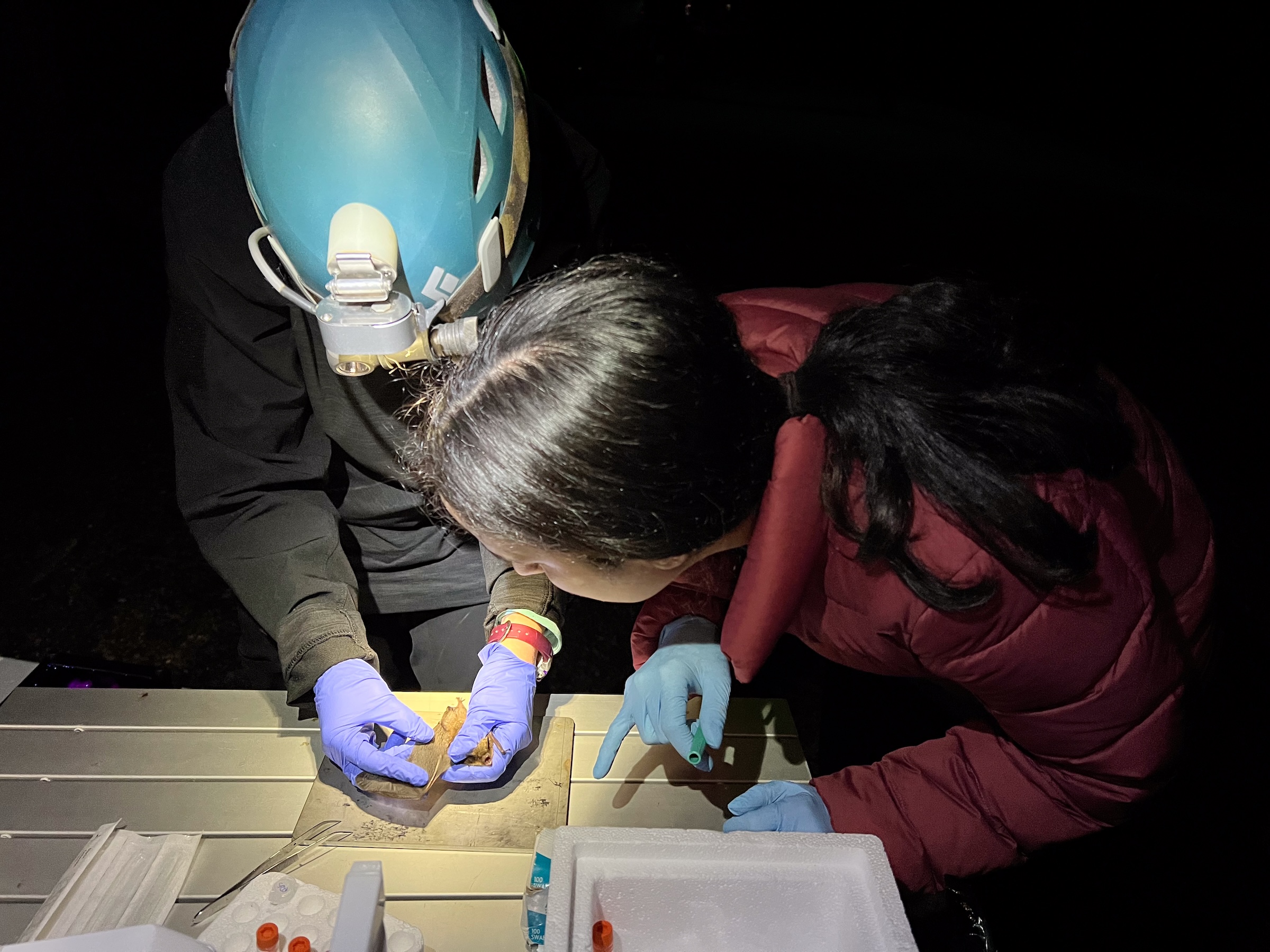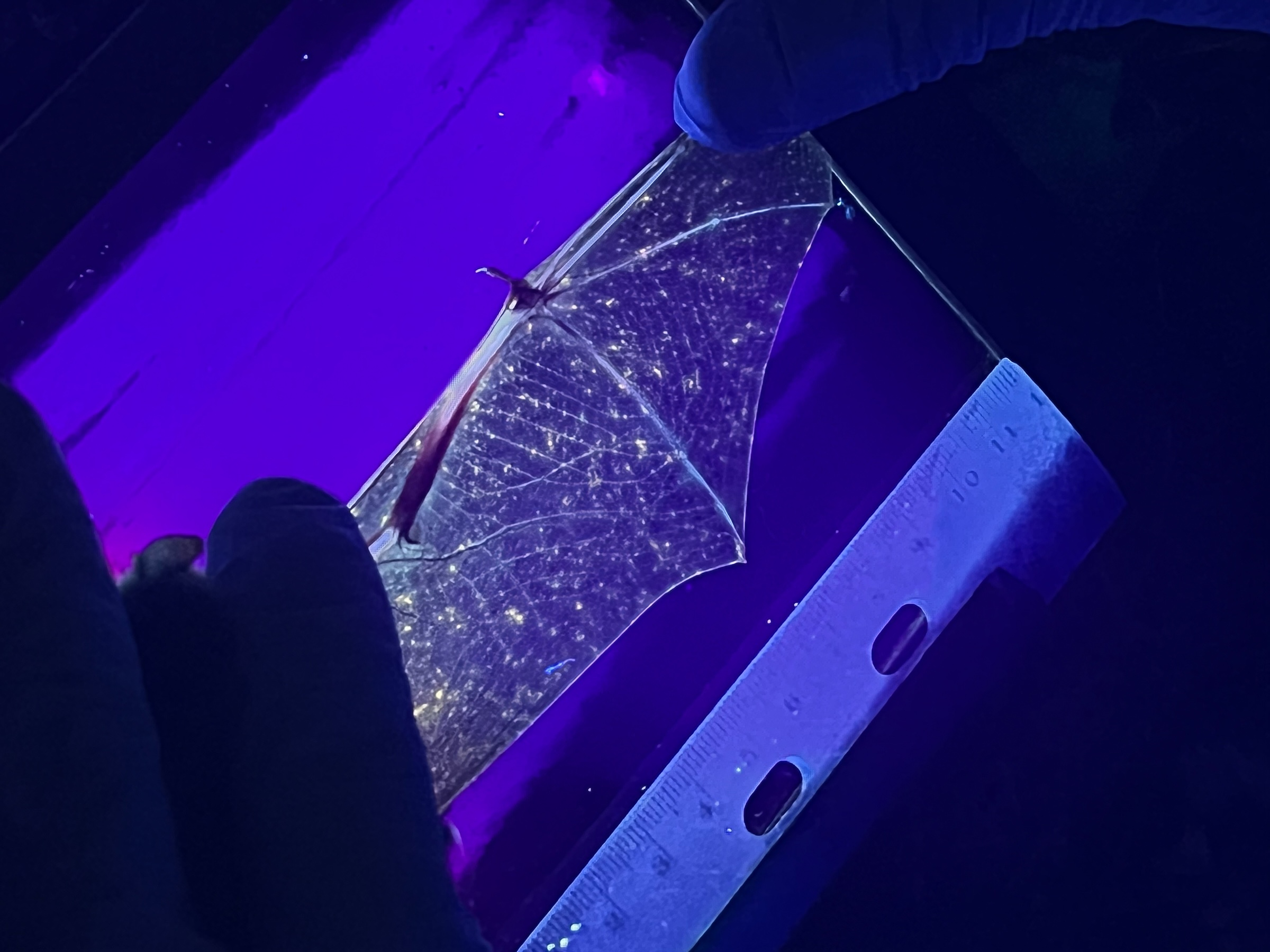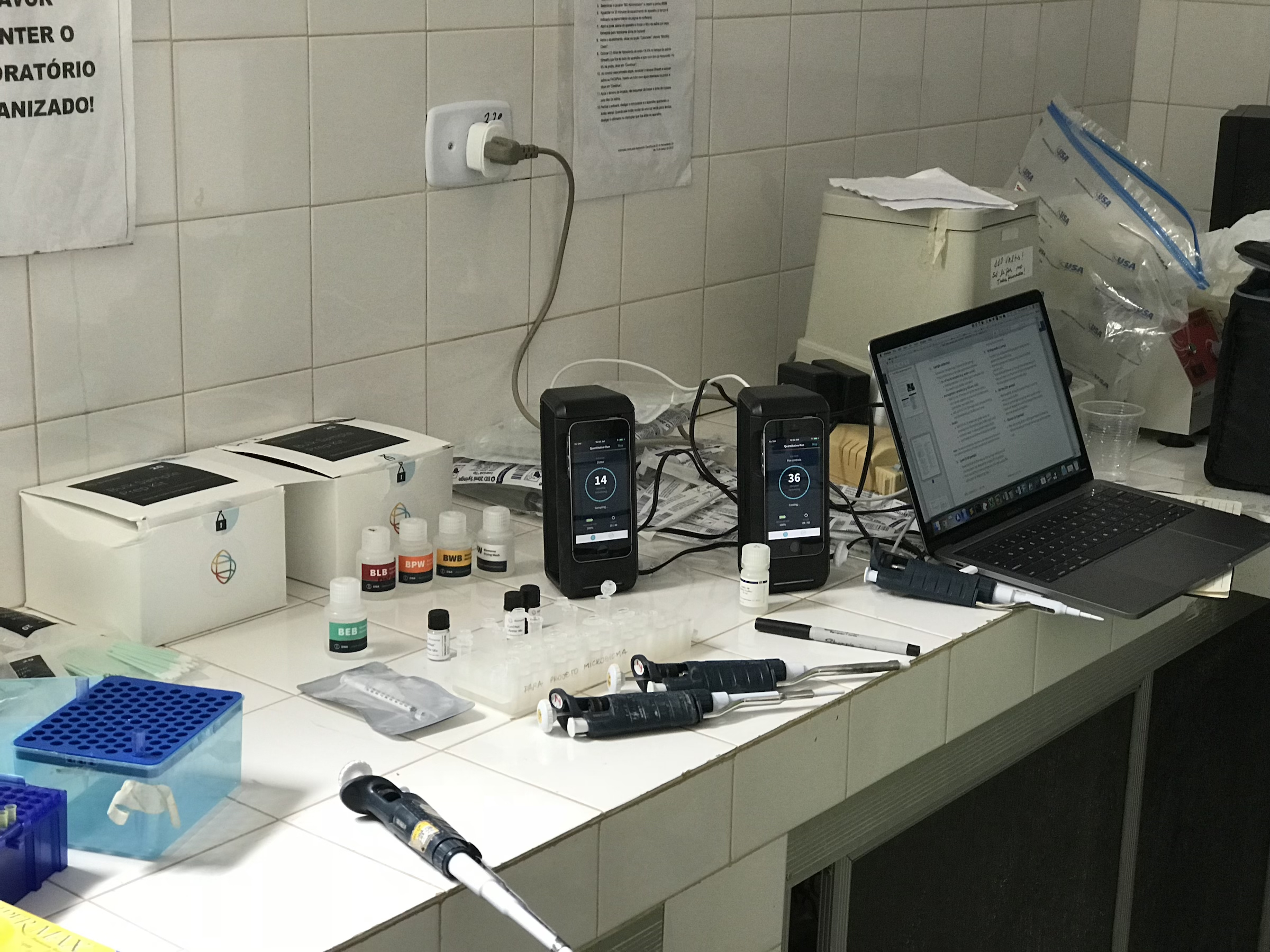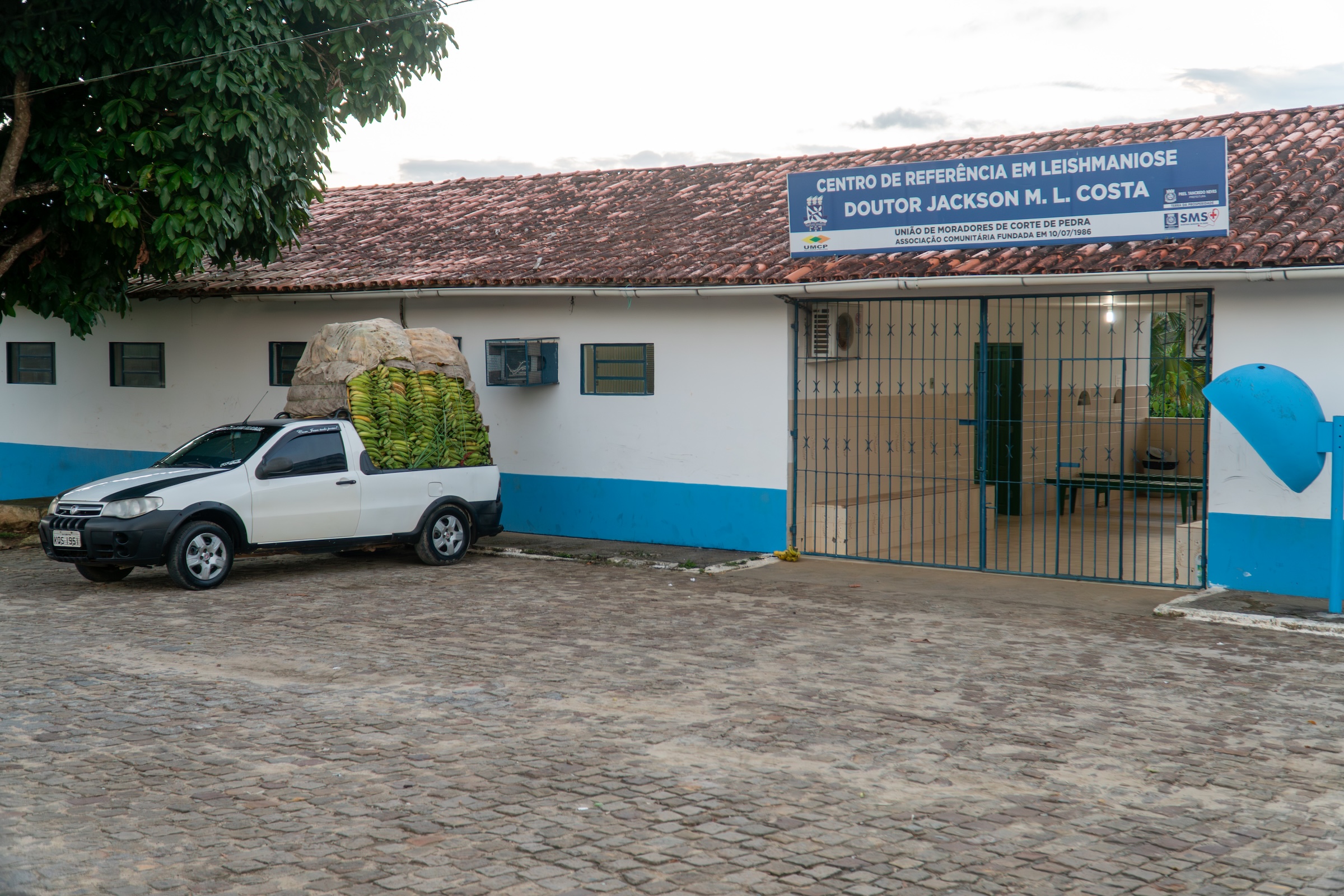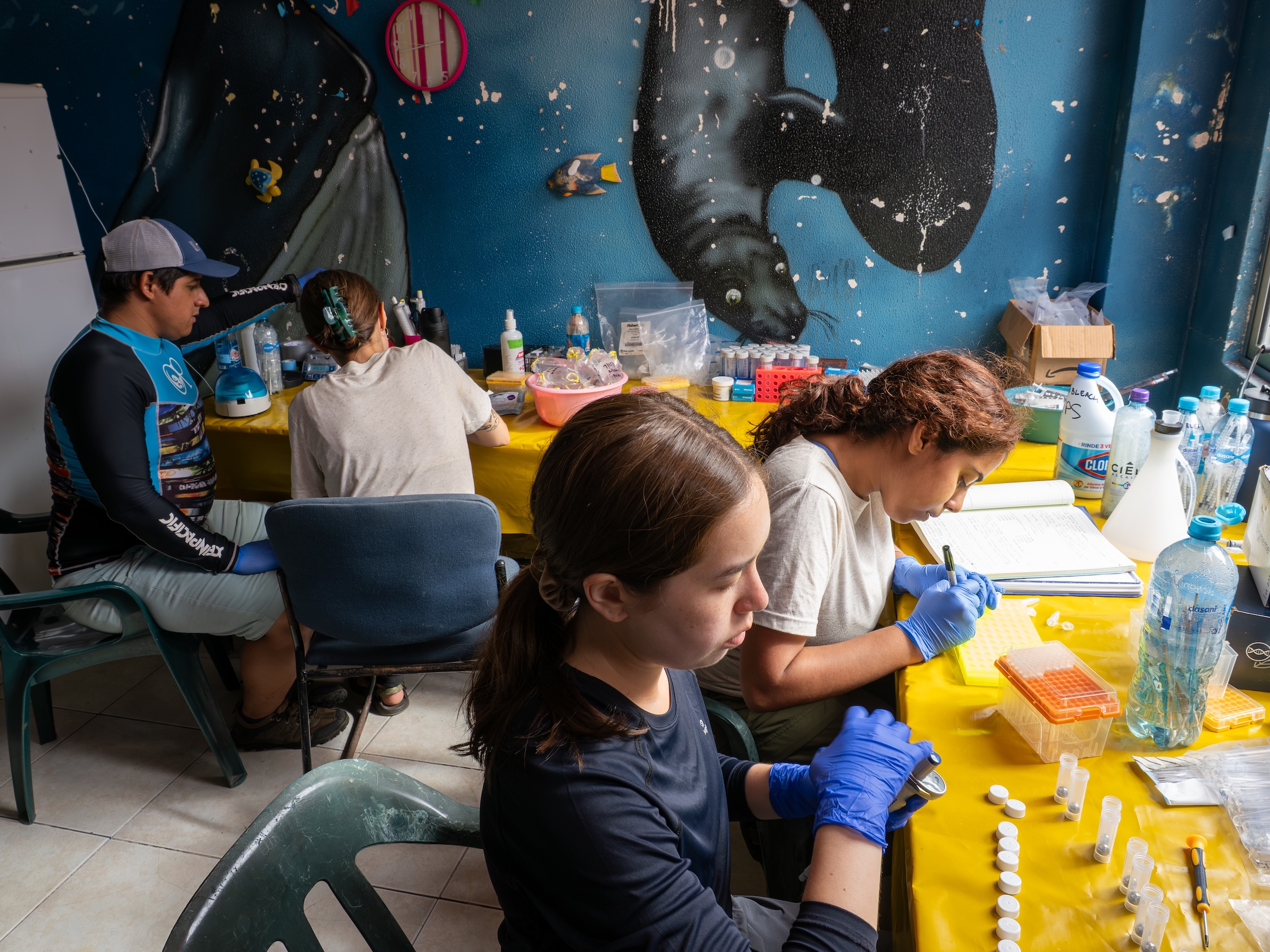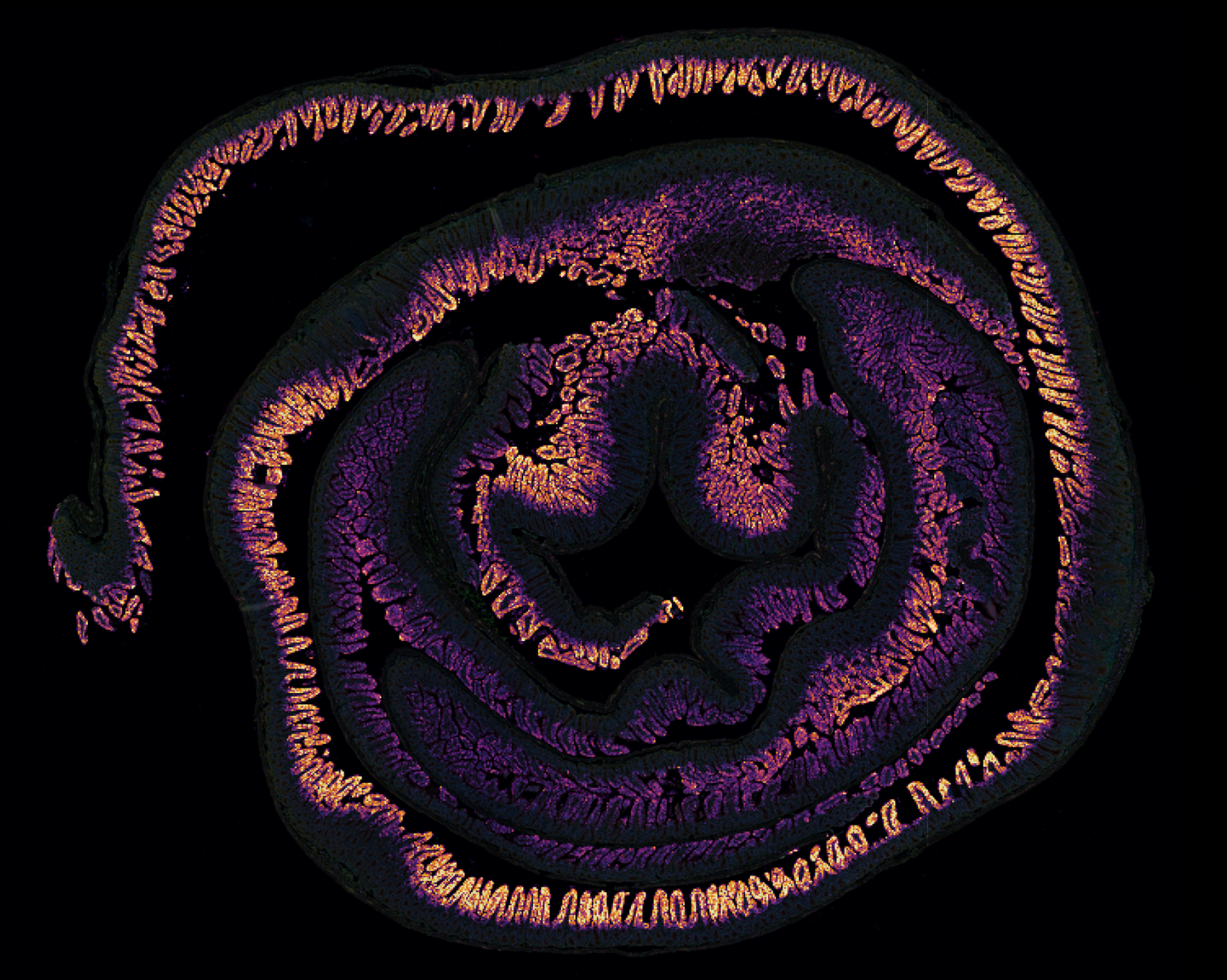Daniel Beiting
in Team
For nearly 20 years I have studied host-microbial interactions, with a primary focus on leveraging genomic and bioinformatic approaches to elucidate mechanisms that regulate inflammation and host defense during infection with zoonotic microbes. During my PhD in Judy Appleton’s lab at Cornell University’s Baker Institute for Animal Health, I studied the immune response during chronic infection with the parasitic helminth, Trichinella spiralis. This work led to the identification of the cytokines IL10 and TGF-β, and eosinophils, as critical regulators of inflammation and immunity to chronic helminth infection. As as postdoc in David Roos’ lab at UPenn, my work shifted from helminth to protozoan parasites, and I began to employ genome-wide transcriptional profiling and genetic screens to identify novel players involved signaling pathways that regulate both immunity and pathogenic inflammation. The results of these studies helped shed light on important immune effector mechanisms, ranging from IL27 signaling in Tregs, to identifying novel enhancers of STAT1 signaling, to reactive oxygen species production by infected monocytes, to TLR3-dependent type I interferon production. In January of 2013, I began a faculty position in the School of Veterinary Medicine at UPenn, were I Co-founded and continue to Co-direct the Center for Host-Microbial Interactions (CHMI). My primary research mission in this role is to develop interdisciplinary ‘One-health’ projects related to microbiology and infectious diseases. In parallel with my research program, I work to engage trainees at the University level in bioinformatics training for managing and analyzing genomic datasets.

